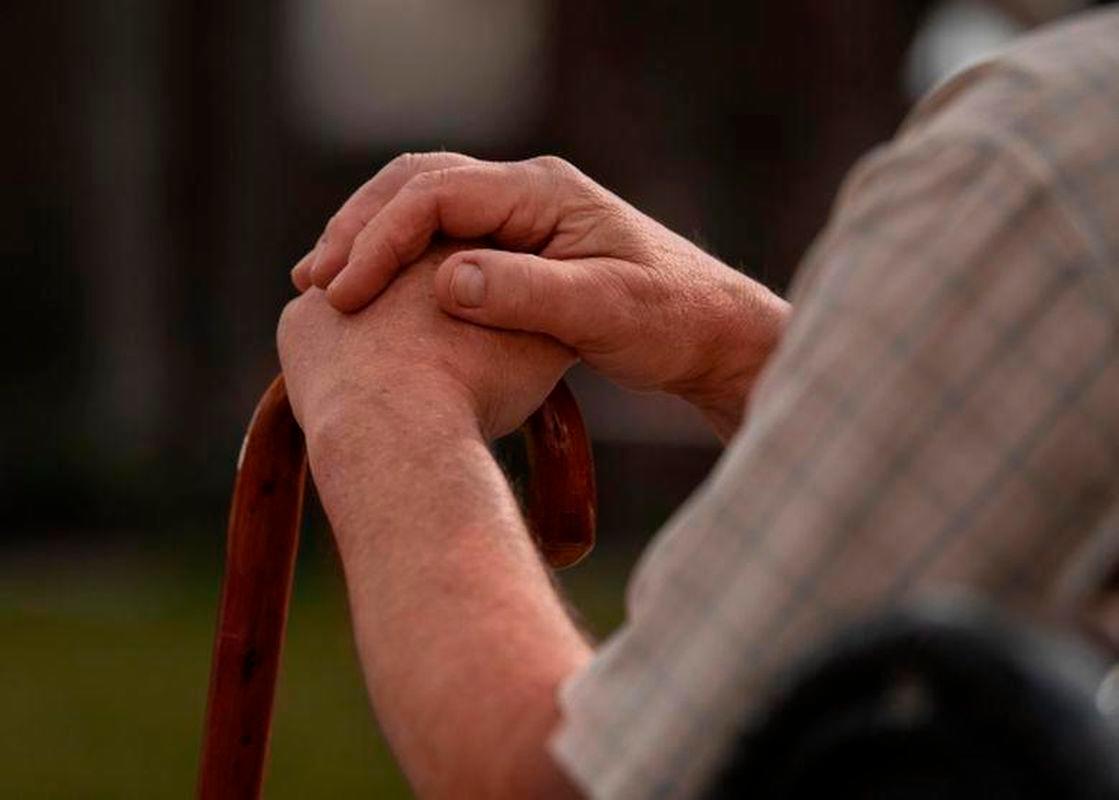LAST week, my 75-year-old neighbour waited two hours for someone to help her carry the groceries. According to DOSM (Department of Statistics Malaysia), Malaysia marked the fewest births ever recorded in our history, with only 93,500 babies born, which implies an 11.5% drop from the same period last year. This fertility downturn, combined with the rapidly ageing society, poses a profound threat to Malaysia’s economic and social sustainability.
Fewer young Malaysians are being born and each subsequent generation is shrinking in size. DOSM has warned that this phenomenon poses major challenges to demographic structures, economic growth and social balance.
In plain terms, fewer working-age people will be supporting more retirees, which can strain our pension funds, healthcare system and economic vitality.
At the same time, Malaysians are living longer and having fewer children. By 2040, over 17% of Malaysians will be seniors (aged 60 and above), which qualifies us as an “aged” nation.
By 2057, more than 20% of our citizens are projected to be over 60, a level the UN defines it as “super-aged”. This implies fewer taxpayers and caregivers for every elderly person.
In 1970, nearly half our population was under 14, and only 5.5% were over 60; however, today, only about 22% are children while seniors consist of more than doubled to 11.6%. If this trend continues, who will be there to support and care for our ageing communities and one day, even us?
The ageing wave is already here. In the face of economic and social crisis, we must think beyond baby bonuses and begin innovating how we support an ageing society.
Social currency for future care
Imagine a system where doing good today can earn you security tomorrow.
By implementing the social currency model, young Malaysians can earn credits by volunteering their time and skills to help others by assisting the disabled to cross the roads, bringing the elderly to the hospital or simply providing basic tech support for neighbours.
For every hour spent contributing, volunteers can bank “time credits” in a dedicated account. In their older age, they (or even their family members) can redeem these credits for services or care from the communities or partnering organisations.
Essentially, this social currency can turn volunteer hours into a form of savings for future care, which can be interpreted as “paying it forward”.
This is not a utopia. Some countries, such as Japan, which has one of the oldest populations, initiated a “Fureai Kippu” time-credit system as early as the 1970s, in which volunteers earned “love currency” by caring for the elders, which they or their families could soon use for their own care needs.
Thailand also set up a government-backed “JitArsa Bank”, a time bank for volunteers that is fully funded by their Older Persons Ministry. Malaysia can also learn from these models and leapfrog with a programme tailored to our local communities, with the right support.
From community bonds to sustainable ageing
At its heart, this scheme encourages Malaysians to engage within their communities. Young people, instead of being isolated by screens every day, can find purpose in tangible acts of service.
According to KRI Institute (2022), participants in similar time-bank programmes abroad have reported greater life satisfaction and new friends made across age groups. In short, stronger community bonds today mean a more cohesive nation tomorrow.
By crowdsourcing eldercare and other social support to willing volunteers, Malaysia can reduce the pressure on our formal welfare and healthcare systems.
Community caregiving can improve access to services and cut costs through local support networks, delaying or even preventing the need for expensive institutional care.
More importantly, social currency bonds the generations together in a fair exchange. In effect, we create a self-sustaining loop of support, in which each generation “pays” into the system with time and “withdraws” support later.
Moreover, by formalising it as a “currency”, the support network becomes reliably exchangeable and not just a matter of charity. A volunteer can trust that their kindness is recorded and will be reciprocated.
Such a system provides a path for creating a world where no one needs to fear being left behind simply because they outlived their relatives or savings.
This is a bold idea but Malaysia has the heart and we need to make it real. It is time to reimagine how we will care for the people we already know we will have. It will benefit the government and citizens.
The government does not need to spend more. It needs to invest smarter by mobilising the energy of today’s youths for the needs of tomorrow’s elderly.
Let us build a Malaysia where helping others is not just a kind act but, more importantly, becomes part of our economy.
Yap Wen Min is a policy analyst at HEYA Inc, a non-profit think-tank and people’s academy, where she focuses on topics such as eldercare, volunteerism and community resilience.
Comments: letters@thesundaily.com









